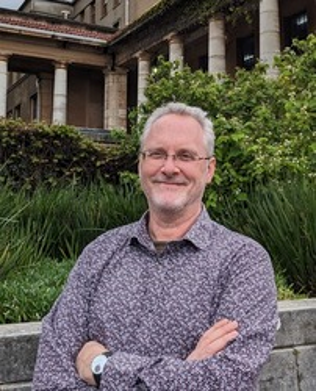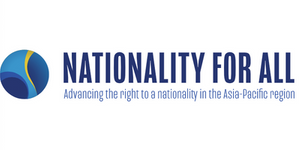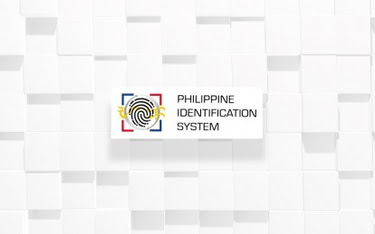Our community newsletter puts a spotlight on people who have gone above and beyond in their efforts to support CRVS programmes in Asia and the Pacific, raise awareness of CRVS issues or lead CRVS improvement efforts in their home country or in the region. This month, we would like to dedicate this issue of Insight to Tom Moultrie.
What is your current title and role?
I am the professor of demography at the University of Cape Town, South Africa. My areas of research fall into several major themes, two of which are relevant to CRVS systems: demographic estimation from limited and defective data; and the political economy of official statistics.
Can you please share with us a particular experience which highlighted the importance of CRVS to you?
The moral case for enhancing and improving CRVS systems has long been apparent, Targets 16.9 and 17.19 of the SDGs set a goal of 100% completeness of birth registration and 80% completeness of death registration by 2030. However, for me, it was the COVID-19 pandemic that crystallised in the starkest manner possible the centrality of CRVS in assisting with understanding, and responding to, the pandemic.
In South Africa, while our civil registration is substantially complete, data are often not available for several years after collection: CRVS data on births are currently available only to 2020; and deaths (with cause of death) only to 2018. With such lags, South Africa – like the vast majority of developing countries - would have been flying blind throughout the pandemic.
However, we are fortunate to have a National Population Register NPR for South African citizens that gets updated in real-time with registration of births and deaths. Colleagues had used monthly data from the NPR to track the evolution of HIV/AIDS mortality in the country in the early 2000s. As we watched the pandemic unfurl, first in China, then Italy, we set about repurposing the system to track mortality on a weekly basis, adjusting the NPR data for deaths of non-citizens, as well as the completeness of death registration in the country.
While the NPR allowed us to bypass some of the deficiencies and inefficiencies in our CRVS, the pandemic brought home the importance of being able to track birth and death registration in near-real time using CRVS data.
How are you currently involved in CRVS improvements?
I have been extremely fortunate to have worked closely with ESCAP’s Statistics Division for nearly three years now, assisting them – and countries in the ESCAP region – to evaluate the completeness of their CRVS data, and to begin the crucially important process of conducting inequality assessments on those data. Inequality assessments seek to identify those groups who are more likely to not be included in CRVS systems, providing the crucial data against which interventions can be planned.
Vital statistics in most of sub-Saharan Africa remains something of a black hole. This has to be a major source of effort in the remaining years of the SDG period.
Which advice would you give to others trying to improve CRVS systems?
First, the challenge of improving CRVS is so complex – requiring political negotiation to secure buy-in and data sharing from so many stakeholders who are often used to working in their own silos – and the road is extremely long and hard, but the rewards of seeing improvements in completeness of CRVS data, and emerging collaborations between those stakeholders make it all worthwhile!
Second, never forget the moral case for universal civil registration and vital statistics systems, and the value that the data in those systems can add to achieving the global development agenda!
And, finally, while it is truly exciting to see countries moving to new forms of data collection and dissemination, if these changes are made incrementally (e.g. a gradual roll-out), every effort must still be made to keep the old system going in parallel with the new until it is fully replaced.












